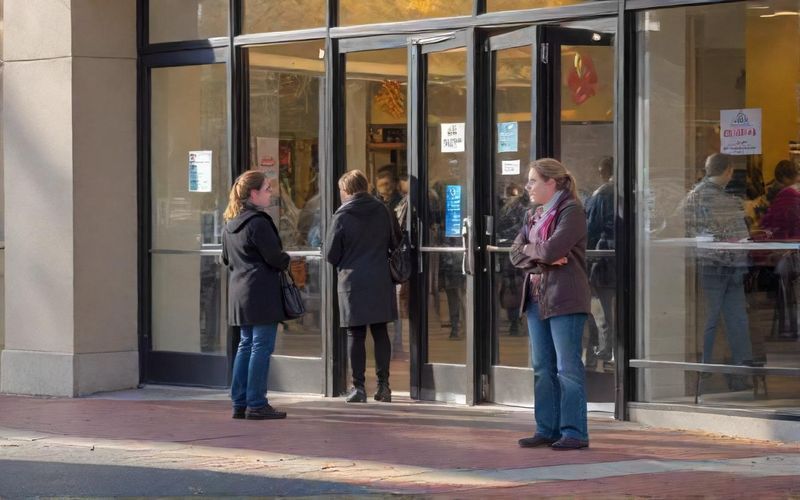Argentina Austerity: Gains vs. Pain

What's particularly striking is the stark contrast between the celebrated economic reforms and the lived reality for many Argentinians. Inflation, once astronomically high, has indeed been brought under control, a testament to Milei’s aggressive austerity measures. Yet, for individuals like Francisco Jiménez, a delivery app rider working grueling hours, the economy remains a formidable challenge. He’s facing the gut-wrenching decision of leaving his rented home, his family squeezed into his mother-in-law’s flat, because the rent has become insurmountable. This echoes a broader sentiment: falling purchasing power means that even with lower inflation, people aren't feeling richer. Job losses, both public and private, coupled with business closures, paint a grim picture of economic hardship for a significant portion of the population. It’s a disconnect that begs the question: when the macro numbers show improvement, why do so many individuals feel left behind?
This narrative of economic struggle isn't unique to Argentina, of course. The push for austerity measures, often framed as necessary medicine for ailing economies, has become a global trending topic. However, Argentina's situation offers a potent, real-time case study. The promise of future prosperity is being weighed against immediate sacrifice, and the results are, to say the least, complex. We see individuals like Nicolás Pedrosa, a mobile phone shop owner, lamenting the drastic nature of the changes, stating, "The middle class no longer exists; you’re either poor or rich." His business, like many others, is feeling the pinch as consumer spending dwindles by mid-month. The “cheap” dollar, while theoretically boosting imports and investor confidence, is simultaneously crippling domestic industries, forcing businesses to become "all-rounders" just to survive.
The narrative surrounding Argentina's economic trajectory is further complicated by external influences. The substantial US bailout, championed by figures like Donald Trump, has been lauded as a lifeline. Yet, this support comes with implicit expectations and has led to some commentators labeling Argentina a "new US colony." The swift re-imposition of export taxes on grain, following apparent US government concerns about an "unfair advantage," illustrates this delicate dance of dependency and autonomy. It raises profound questions about national sovereignty in an era of globalized finance, where economic aid can feel like a gilded chain.
Milei's approach, often described as shock therapy, has undeniably delivered some headline-grabbing results, like taming inflation and achieving a government surplus. But this comes at a steep human cost, with cuts to education, disability allowances, and pensions disproportionately affecting the most vulnerable. The halt in progress on thousands of unfinished public works projects, essential for infrastructure development and the transportation of vital commodities, highlights a seemingly paradoxical strategy: cutting essential services while seeking investment in extractive industries. It begs the question: can long-term growth be built on the foundation of immediate austerity without fracturing the social fabric?
As Argentina navigates this challenging path, the echoes of past economic crises and the allure of promised futures collide. Milei's electoral success is a clear mandate, but the sustainability of his policies, particularly their social impact and reliance on external support, remains a critical concern. Will the promise of a revitalized economy ultimately outweigh the present hardships faced by so many Argentinians? And what lessons can other nations, grappling with similar economic pressures, glean from this bold, and at times, brutal, experiment in austerity?








